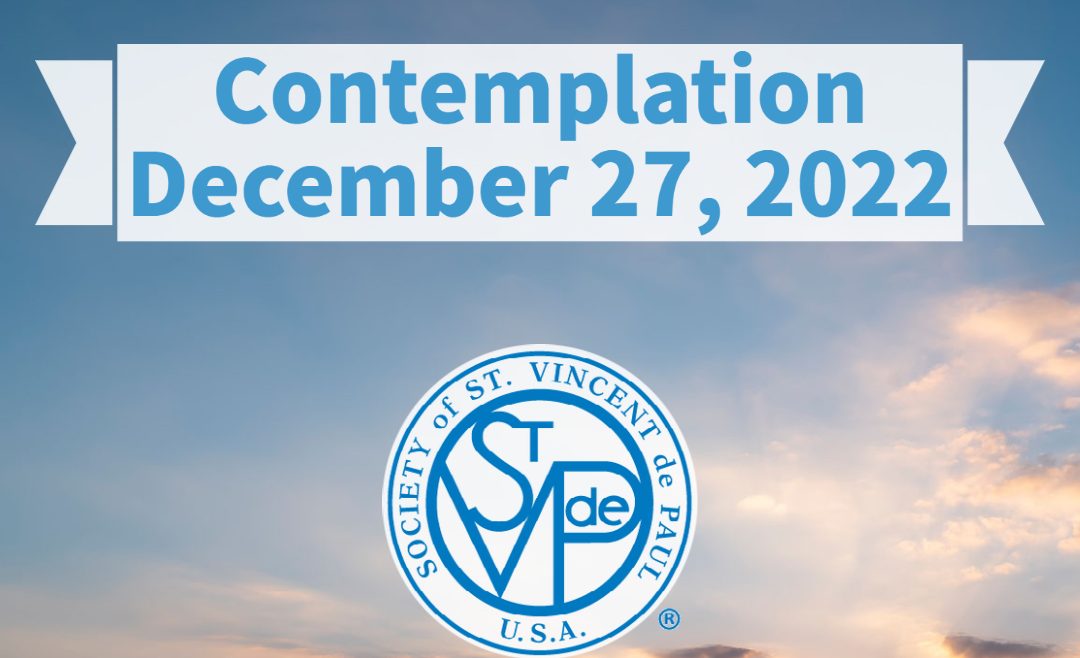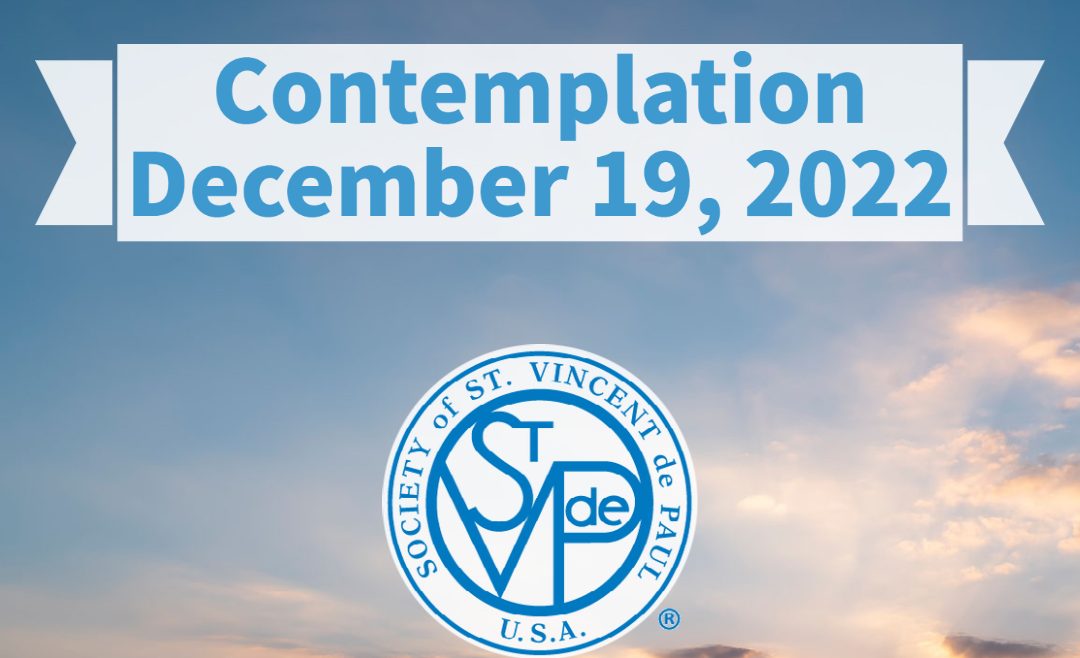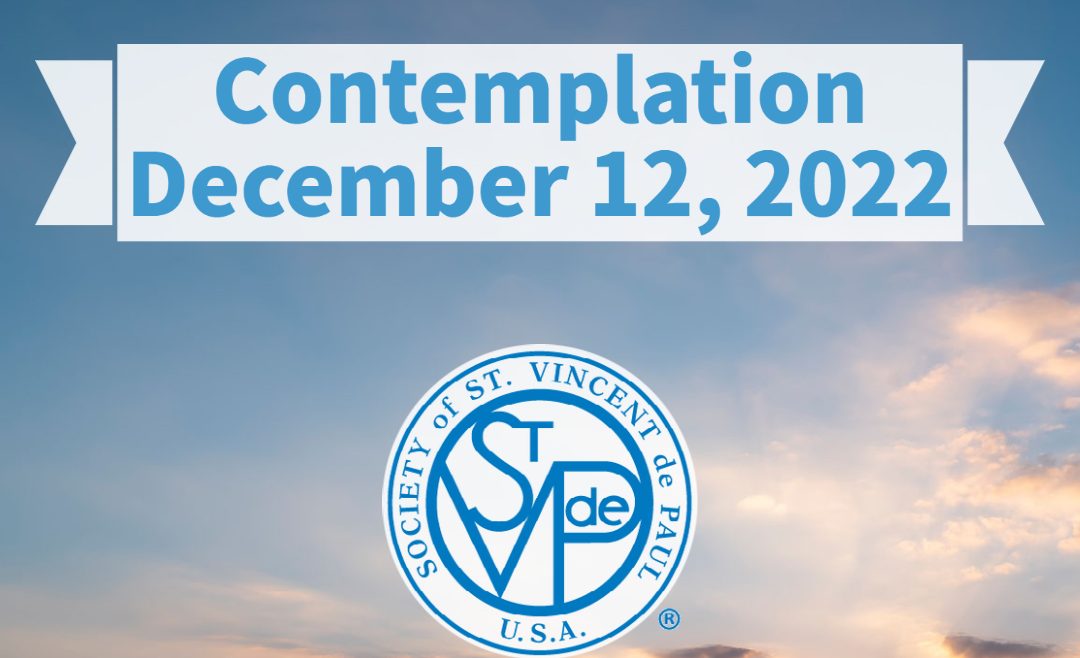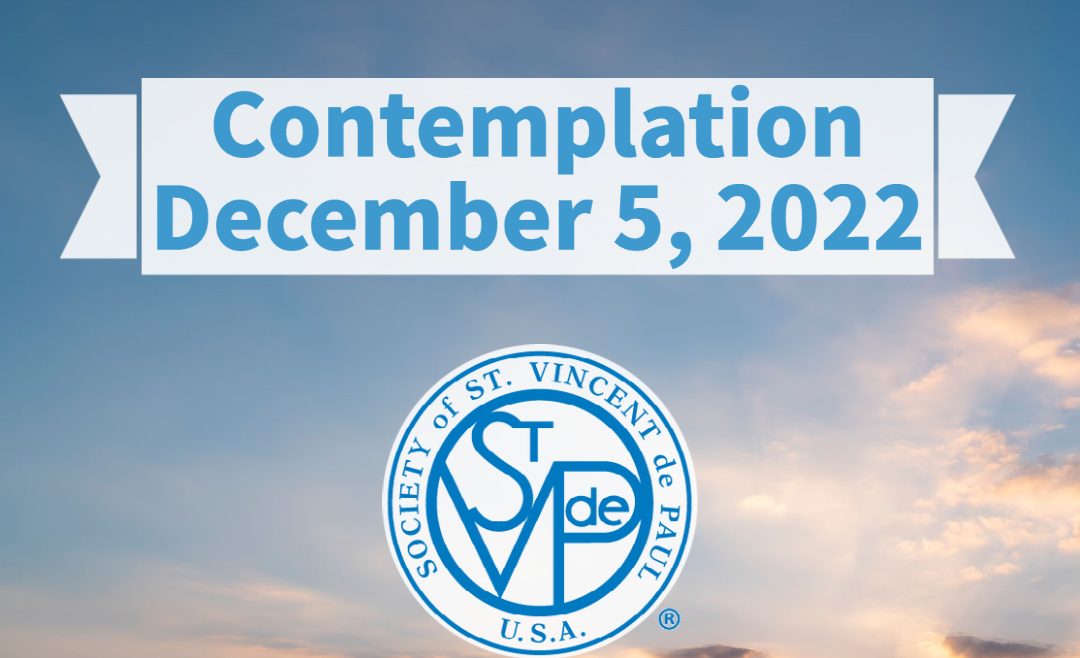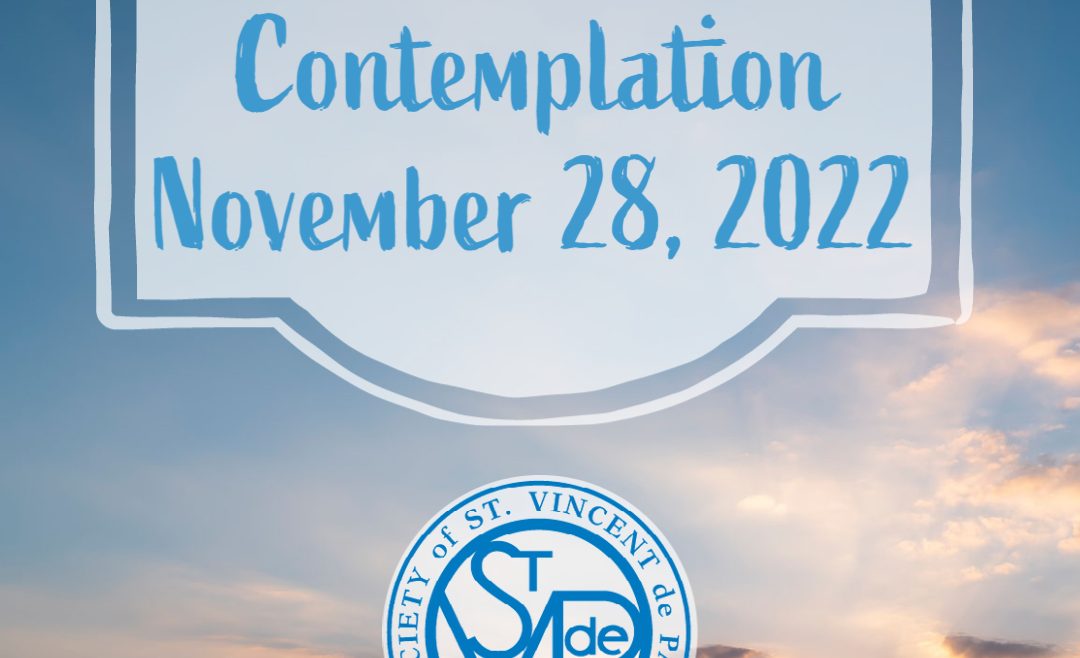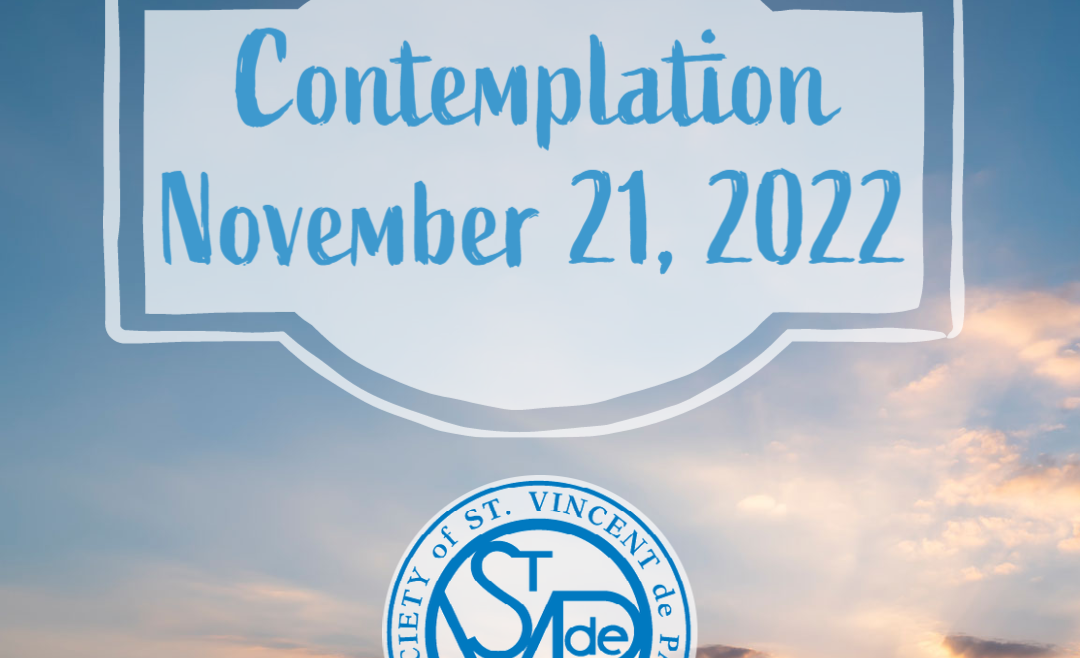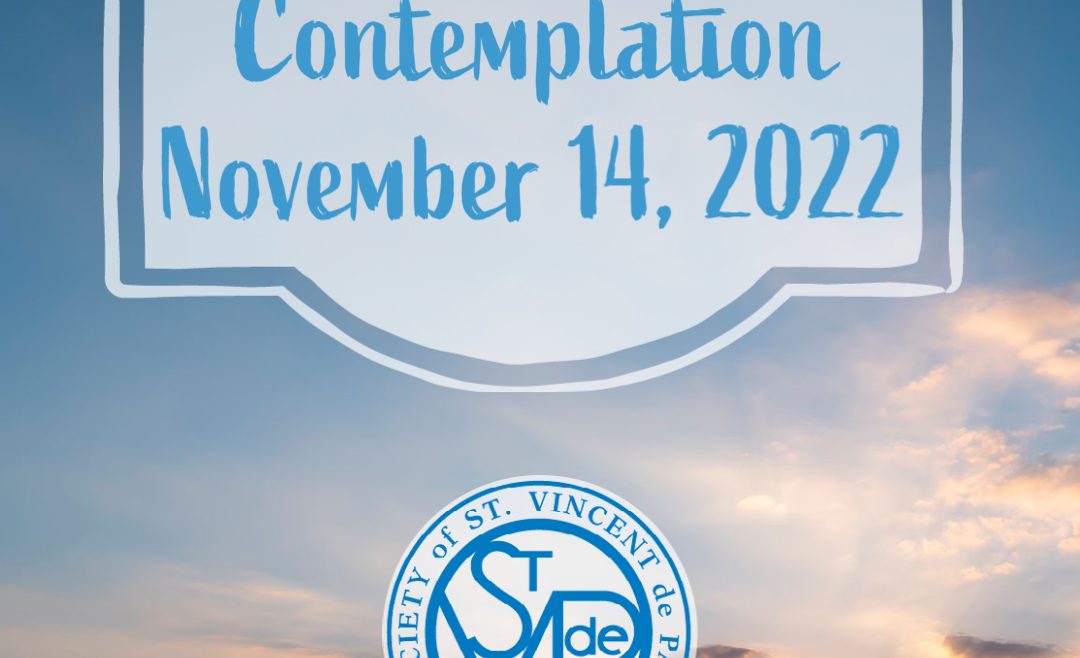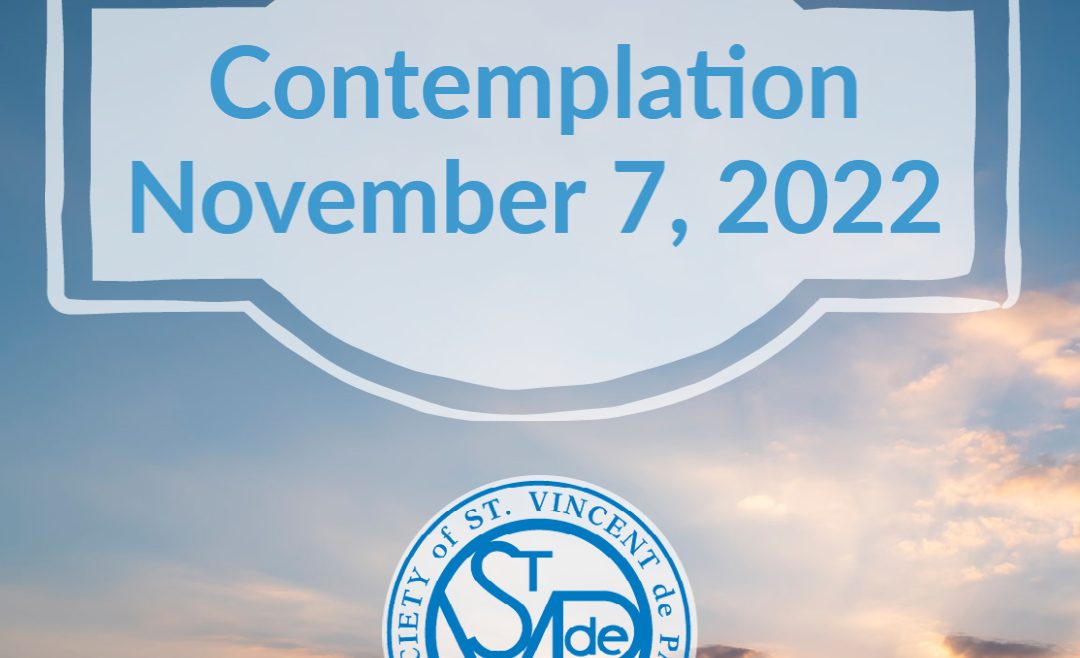In advising a young priest who was departing to become the Superior of the Agde Seminary, Vincent offered guidance that was both deeply spiritual and profoundly practical – advice that remains pertinent to those in servant leadership in the Society today. [CCD XI:310-316]
He urges the new leader to focus on imitation of Christ, discernment of God’s will, and especially on the virtue of humility. Indeed, it is Christ’s humility that Vincent holds forth as an example to imitate. Christ, as leader of His disciples did not “lord it over them”, despite, in fact, being the Lord! He taught us that he had come not to be served, but to serve.
Vincent contrasts this very basic tenet with those who that you have to “make it clear you are Superior.” Instead, he emphasizes that the superior should live just like the others, and always seek God’s will in prayer and meditation, rather than rely on his own personal judgment. Observers should not be able to tell by watching how we live, which is the leader.
Again and again, he comes back to humility, and to imitation of Christ’s humility: The superior does not take personal satisfaction in the works or successes of the company, instead always attributing them to God. He does not offer his words of advice or make decisions without recourse to prayer and meditation to God. He asks God to tell him the needs of the others and to guide him in serving them.
No matter how dedicated we may feel that we are in our prayer lives, Vincent’s words here remind us how much more room there is for prayer and meditation – and how very practical this advice is. For those times when, even subconsciously, we think “this problem is not important enough to bring to God,” Vincent reminds us, echoing the Sermon on the Mount, that God counts even the hairs on our head. Not to bring our “little things” to Him more regularly is, in a sense, to deny the great humility of God’s incarnation in Christ; it is to elevate our own judgment in place of God’s.
As servant leaders, we should marvel each day that Providence led us to this place and to this role and pray that we are giving back to heaven all that we have been given. Perhaps this, from St. Vincent, should be one of our daily prayers:
“Lord, what have I done to have such a ministry? What works of mine correspond to the responsibility being placed on my shoulders? Ah, my God, I’ll spoil everything if You yourself don’t guide all my words and works!”
Contemplate
How often do I pray for God’s guidance in all of my decisions and all of my works?

